"Google's Quantum Computer makes a major breakthrough in error correction."
Views expressed in this science and technology update are those of the reporters and correspondents. Accessed on 11 December 2024, 0220 UTC.
Content and Source: https://www.scientificamerican.com.
Please check link or scroll down to read your selections. Thanks for joining us today.
Russ Roberts (https://hawaiisciencejournal.blogspot.com).
December 10—This week, we're covering why artificial intelligence is about to filter our lives through an uncanny lens and the private astronaut and billionaire who Donald Trump wants to lead NASA. Plus, here’s the deal with mystery drones hovering over New Jersey. Those stories and more below!
--Ben Guarino, Associate Editor, Technology
P.S. I'd love to hear from you! Email me with feedback and suggestions at benjamin.guarino@sciam.com.
Solace for QuantumQuantum computers must operate in a cacophonous universe. These computers need quiet to make accurate calculations, which is hard to do amid stuff like jiggling electrons. But Google has made a big step in fixing errors introduced by such noise. As contributor Dan Garisto explains, in a first, quantum errors were suppressed exponentially with increases in quantum computer size. The key was a new silicon chip, which Google named Willow, with 105 qubits (a qubit being the quantum computer equivalent to traditional computers’ bits).
What the experts say: “Really good qubits are the thing that enables quantum error correction,” says Julian Kelly, director of quantum hardware at Google and a co-author on a paper published Monday in Nature. Google researchers, using the Willow chip, performed quantum computations with an error rate of one in 1,000, Garisto notes. Plus, using a standard quantum computing benchmark test, Google says Willow performed a computation in five minutes—that same computation would take a modern, non-quantum supercomputer 10 septillion years.
What's next: This is a significant advance in error corrections. But quantum computing remains a future technology. Error rates on classical computers are far below what Willow shows, and estimates suggest they must be improved to about one in a million for quantum computers to be useful in practice.
-Ben
If you're enjoying this newsletter, consider a subscription to Scientific American. Dive deeper into the stories that matter most to you!
Top Stories
What Are the Mystery Drones Reported over New York State and New Jersey?Reports of unidentified flying objects in the northeastern U.S. are on the rise, but so far officials have few answers for alarmed residents
Who Is Jared Isaacman, President-Elect Trump’s Pick to Lead NASA?NASA’s presumptive next leader, billionaire private astronaut Jared Isaacman, already has big plans for the space agency
Leaded Gasoline Tied to Uptick in Mental Health Disorders, and a Mysterious Outbreak Occurs in the DRCA mysterious outbreak occurs in the Democratic of the Congo, and researchers find evidence that exposure to leaded gasoline was linked to increases in mental illness. Plus, we discuss orcas wearing salmon as hats.
AI Will Turn Our Lives into The Truman ShowLarge language models can create muddled, misinformed multiverses
WHAT WE'RE READING
From the Archive
Banning TikTok Would Do Basically Nothing to Protect Your DataProposed restrictions on TikTok would be “security theater” in the face of the staggering amounts of data that foreign and domestic tech companies collect
|
|
|
|
|
|
|
|
|
|
|

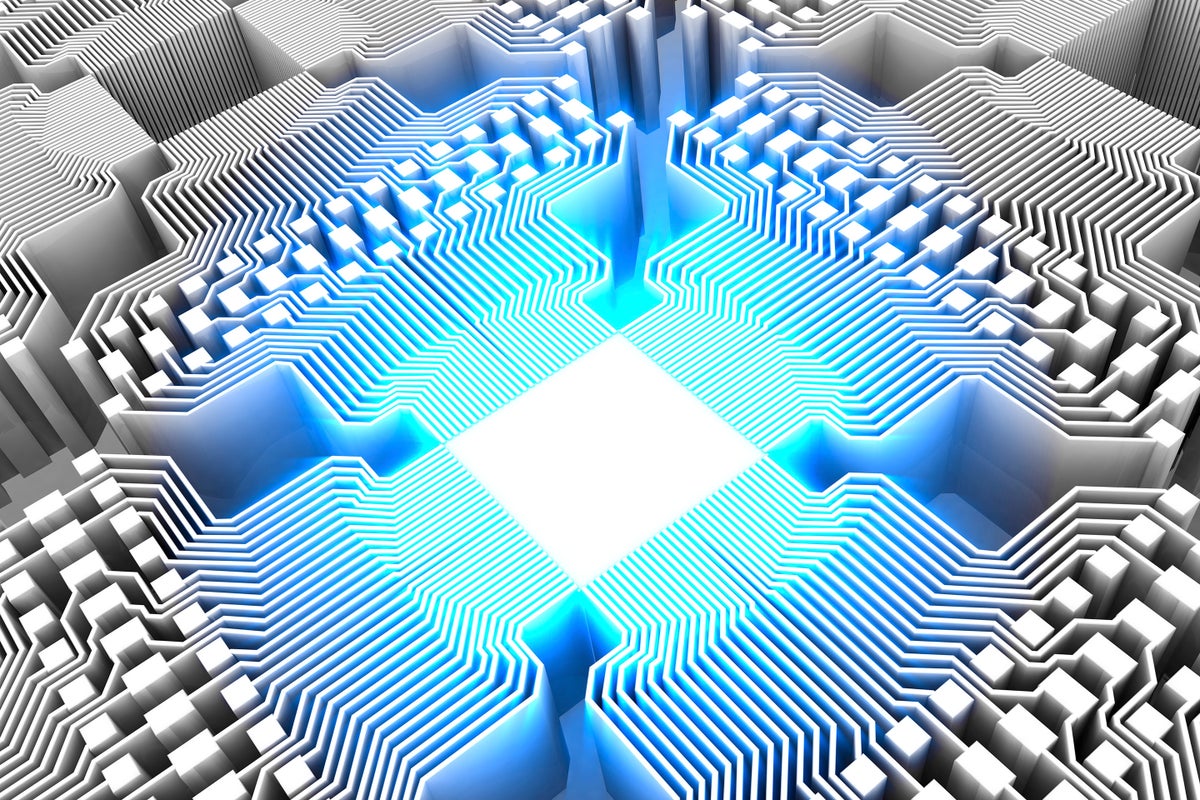
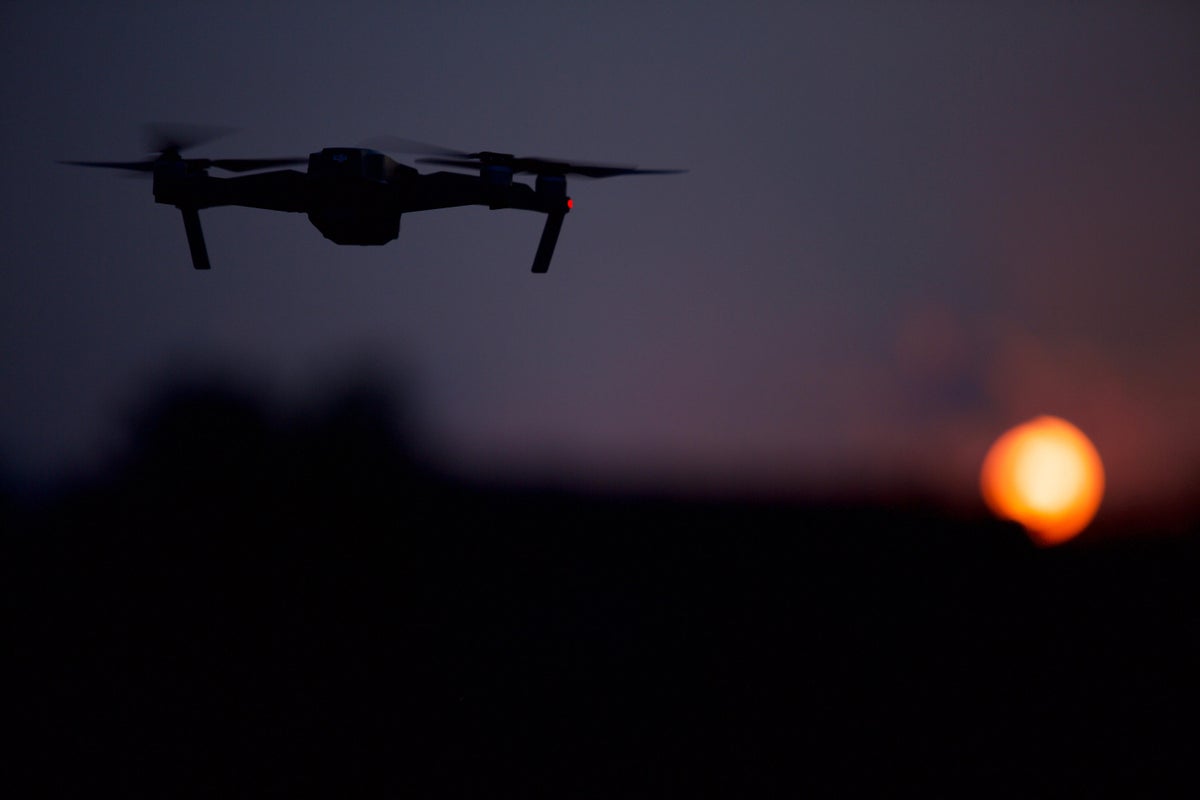
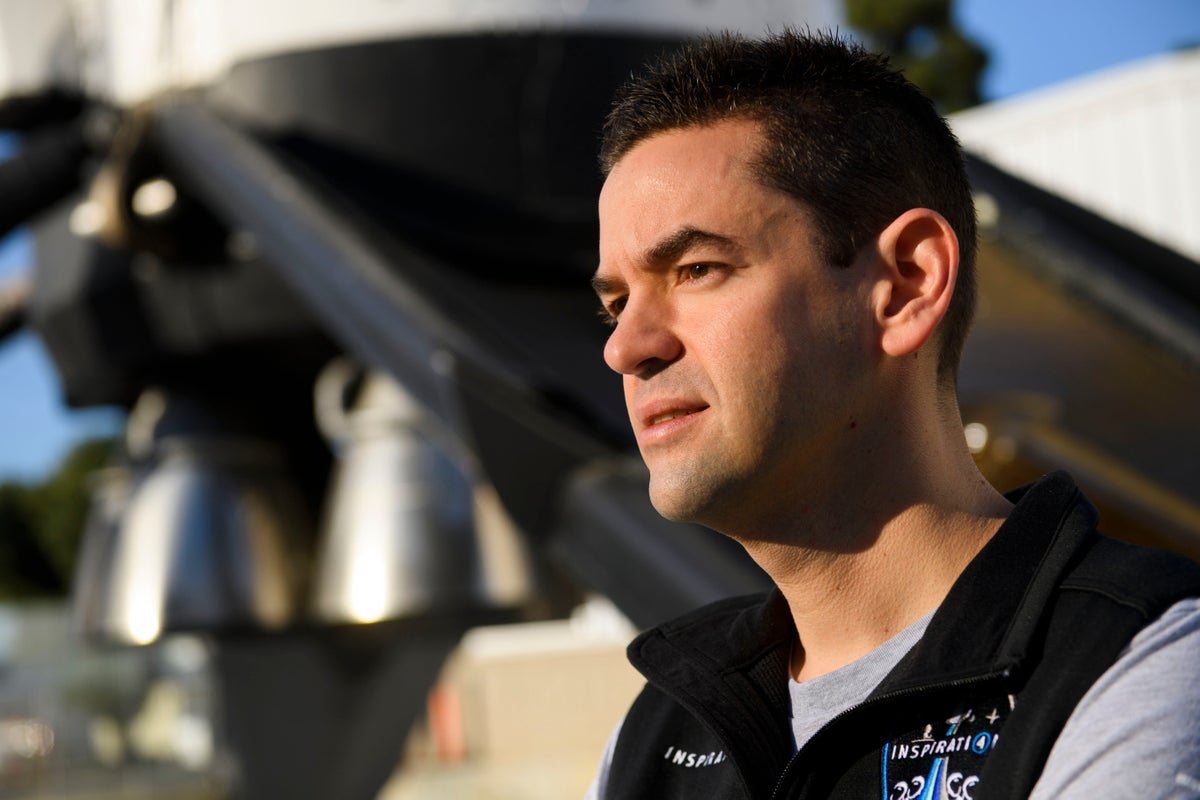
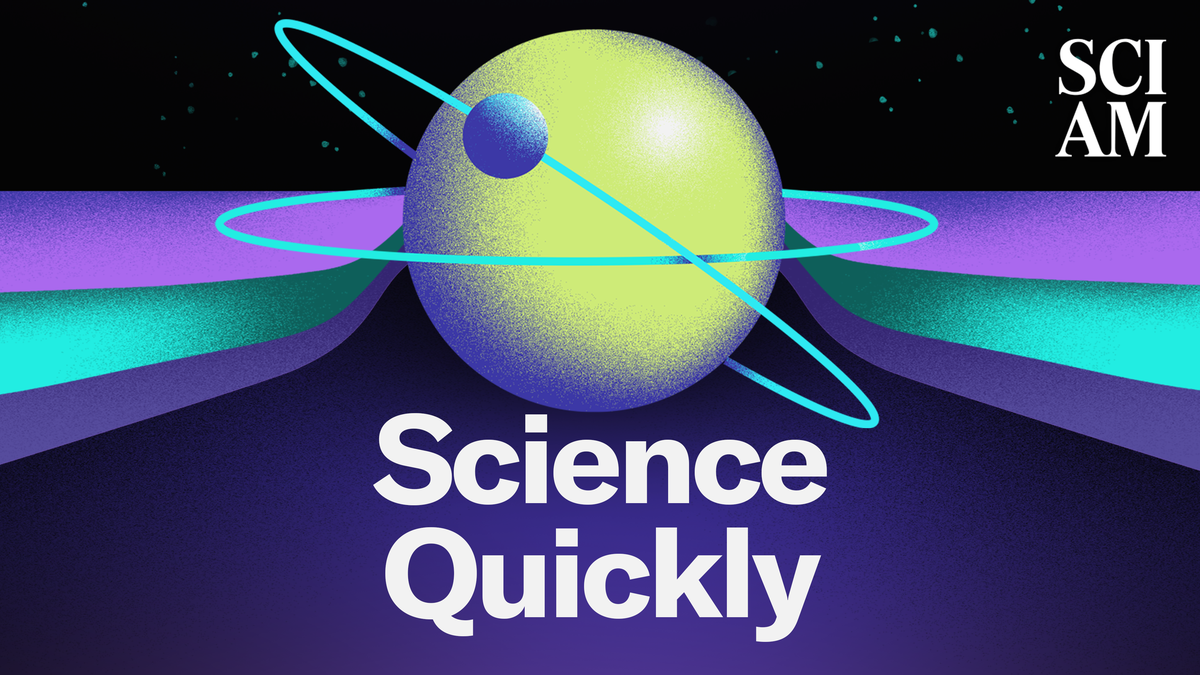
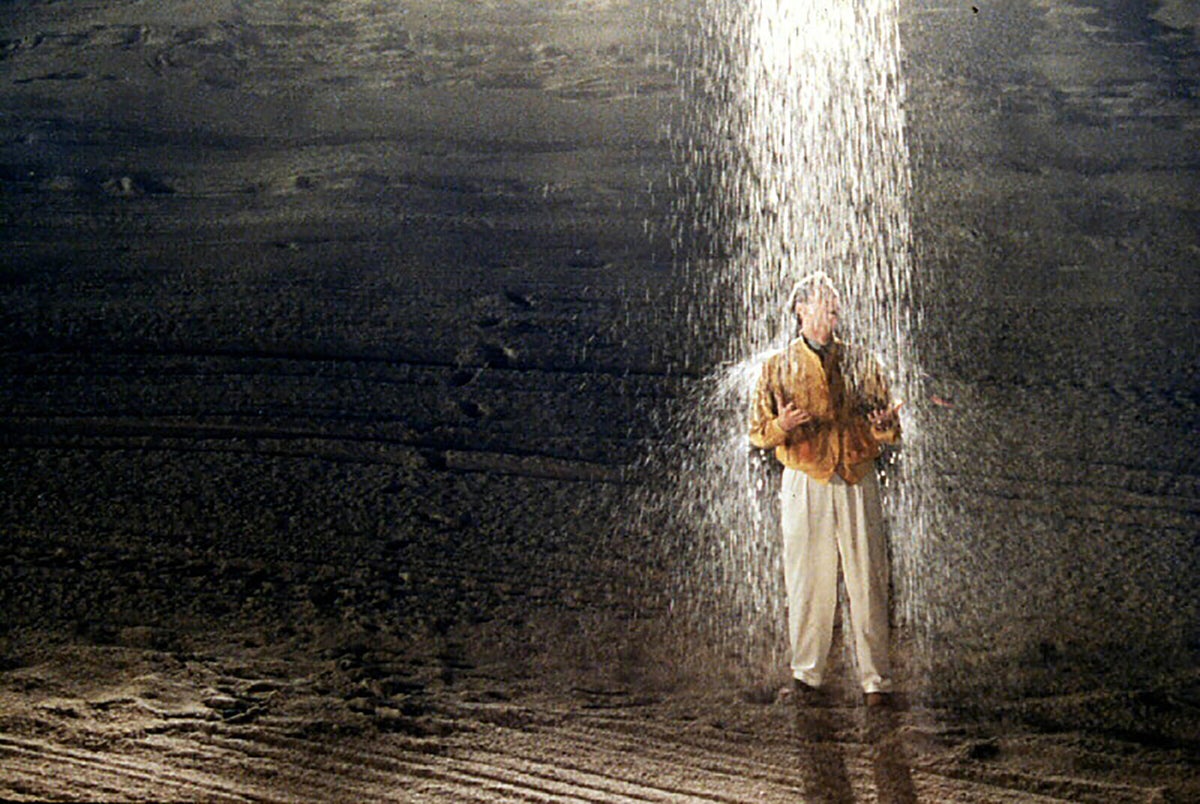
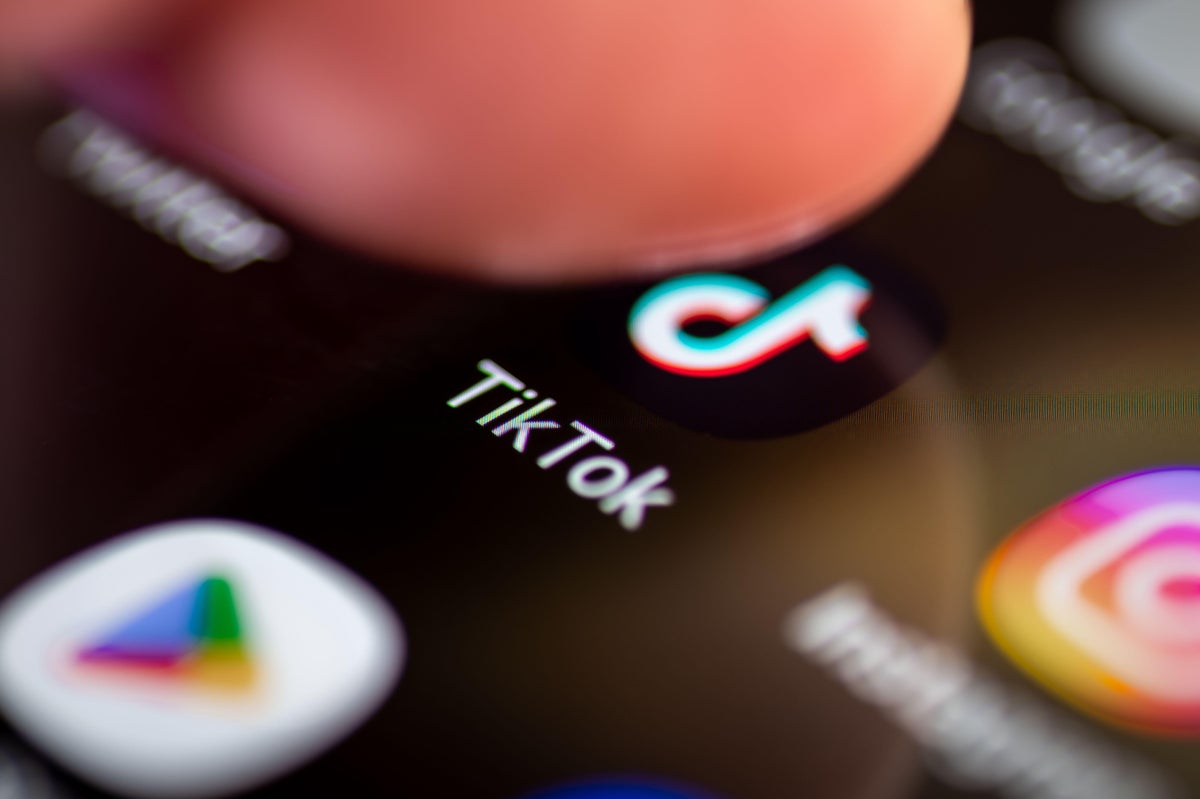
Comments
Post a Comment
Welcome to "Hawaii Science Journal". Here you'll find the latest stories from science, technology, medicine, and the environment.